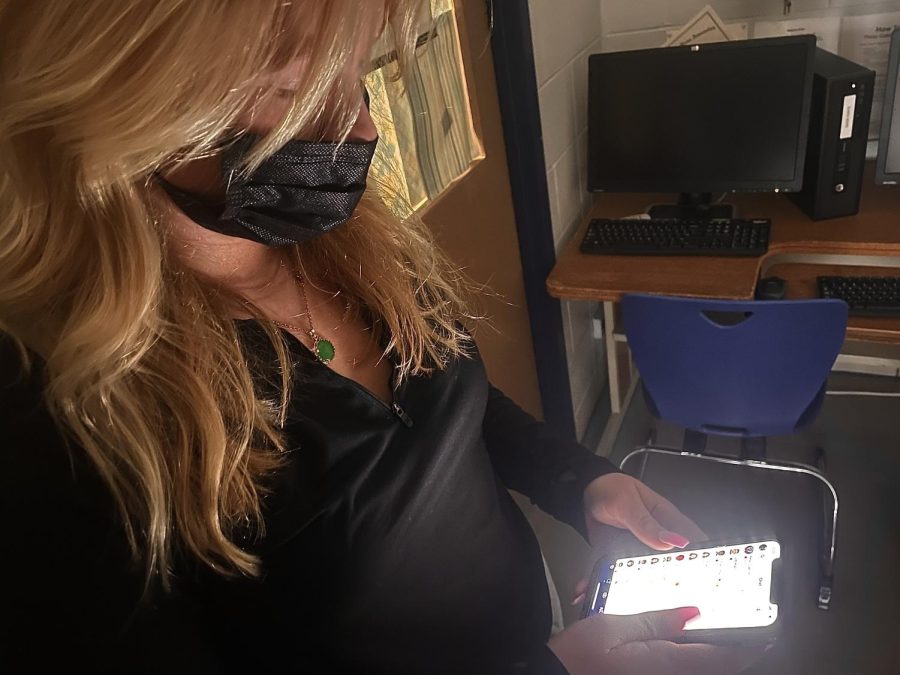The teenage cliche continues through media
The age of social media and television had created a depiction of adolescents deem is “unfair.”
Stereotypical teenagers: menaces to society who enjoy loitering on corners, kicking puppies and stealing candy from babies. They live off of sex, drugs and alcohol, swearing too much and skipping school. What is to blame for this widely known, evidently unfair label?
Media plays a role in the daily life of an average person, whether they like it or not; news articles, social media, magazines– almost anything you can think of is a form of media. Netflix and Hulu are the hottest streaming services out there, they carry almost every show and movie based on teens from “Euphoria” to “Project X” which are visual media based around the chaotic lives of youngsters.
The comparison of teens to delinquents and “wild” behavior has been tethered to the age group for decades. So why does this stereotype still exist? DGS sociology and social studies teacher Kristyn Campos gave an insight to her opinion on how this disapproval of the adolescent age came to be.
“Teenagers lack institutional power and that can often lead to stereotypes. Stereotypes are incomplete and are used as broad assumptions of behavior. The media in general has struggled to provide an accurate portrayal of all teenagers and their lived experiences, but they have made some progress in terms of books, movies and television shows that show a more complex view of a teen,” Campos said.
These directors and actors of these shows and movies– who are not 17-years-old– are giving a depiction that many teens believe are inaccurate to reality. Many believe that this cliche-ridden representation is bringing a negative impact on the future of adolescents. Senior Kyla Wasler shared her thoughts on what she thinks of this representation.
“To be honest, I think that [the] media makes us look immature and the way that TikTok and Instagram talks and spreads the newest fads and trends doesn’t help. It ruins our opportunity for a chance to be taken seriously, we are seen as immature, wild people when in reality, we are just like everyone else,” Wasler said.
The repercussions go beyond this aspect of life: mental health. This stereotype given to the public, through the media, has been seen to have a negative impact on depression and anxiety in adolescents. Campos explains what may be an outcome of these depictions.
“Stereotypes can lead to people being self-conscious, untrusting of others and lead to bigger issues of anxiety and depression. Ultimately stereotypes are dysfunctional for society,” Campos said.


